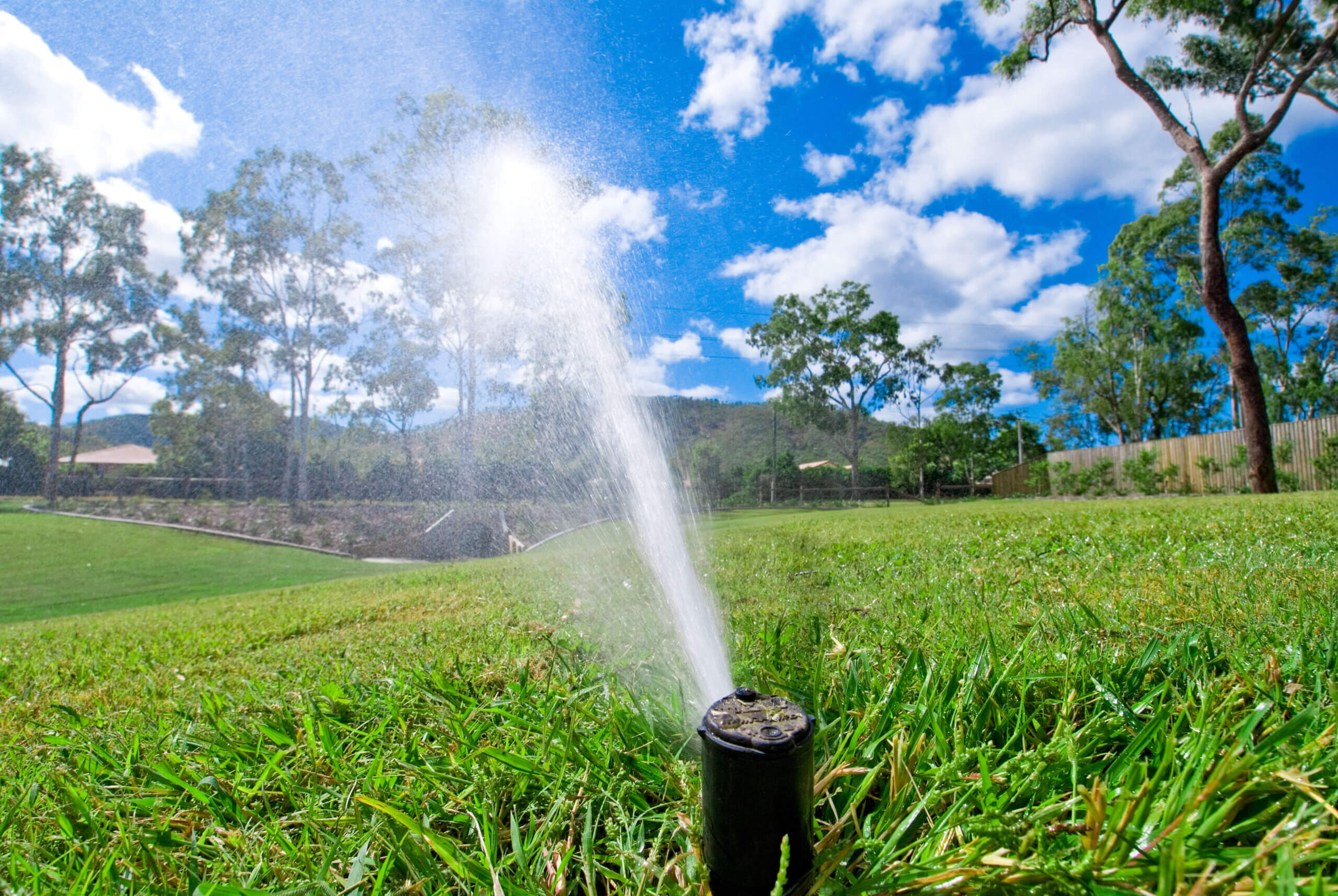Efficient irrigation systems are fundamental to sustainable agriculture, landscaping, and water conservation efforts around the globe. The science behind these systems involves a complex interplay of technology, environmental science, and agronomy. This article delves into the key components and principles that make irrigation systems efficient, and how they contribute to sustainable water management.
Understanding Irrigation Efficiency
At its core, irrigation efficiency is about maximizing the beneficial use of water while minimizing waste. This involves precise control over the amount of water delivered to plants, ensuring that they receive just the right amount for optimal growth without excess that could lead to runoff or evaporation.
Technological Innovations
Modern irrigation systems integrate advanced technologies such as soil moisture sensors, weather-based controllers, and drip irrigation. Soil moisture sensors provide real-time data on the moisture levels in the soil, allowing systems to adjust water delivery accordingly. Weather-based controllers use local weather data to modify irrigation schedules based on current and forecasted conditions, reducing water use during rainy periods.
Drip irrigation, a technique that delivers water directly to the plant roots through a network of valves, pipes, tubing, and emitters, is particularly effective. This method significantly reduces water loss due to evaporation and runoff, making it one of the most efficient irrigation methods available.
The Role of Data and Automation
Data analytics and automation play a crucial role in modern irrigation systems. By leveraging big data and machine learning, these systems can predict water needs with greater accuracy than ever before. Automation ensures that water delivery is precisely controlled and adjusted in real-time, responding to changes in environmental conditions, crop stages, and soil types.
Sustainable Water Management
Efficient irrigation systems are pivotal in promoting sustainable water management. They help conserve water resources, reduce energy consumption, and minimize the environmental impact of water use. By optimizing water use, these systems support the health of ecosystems and the sustainability of agricultural practices.
In regions like Huntsville, where water resources can be limited and demand high, implementing efficient irrigation systems is crucial. For those interested in local solutions, Huntsville irrigation systems can provide insights and services tailored to local needs.
Conclusion
The science behind efficient irrigation systems is a testament to human ingenuity and the drive towards sustainability. By harnessing technology and data, these systems are transforming water management practices, ensuring that we can meet today’s needs without compromising the ability of future generations to meet theirs. As challenges related to water scarcity and climate change intensify, the role of efficient irrigation systems will only become more critical.




